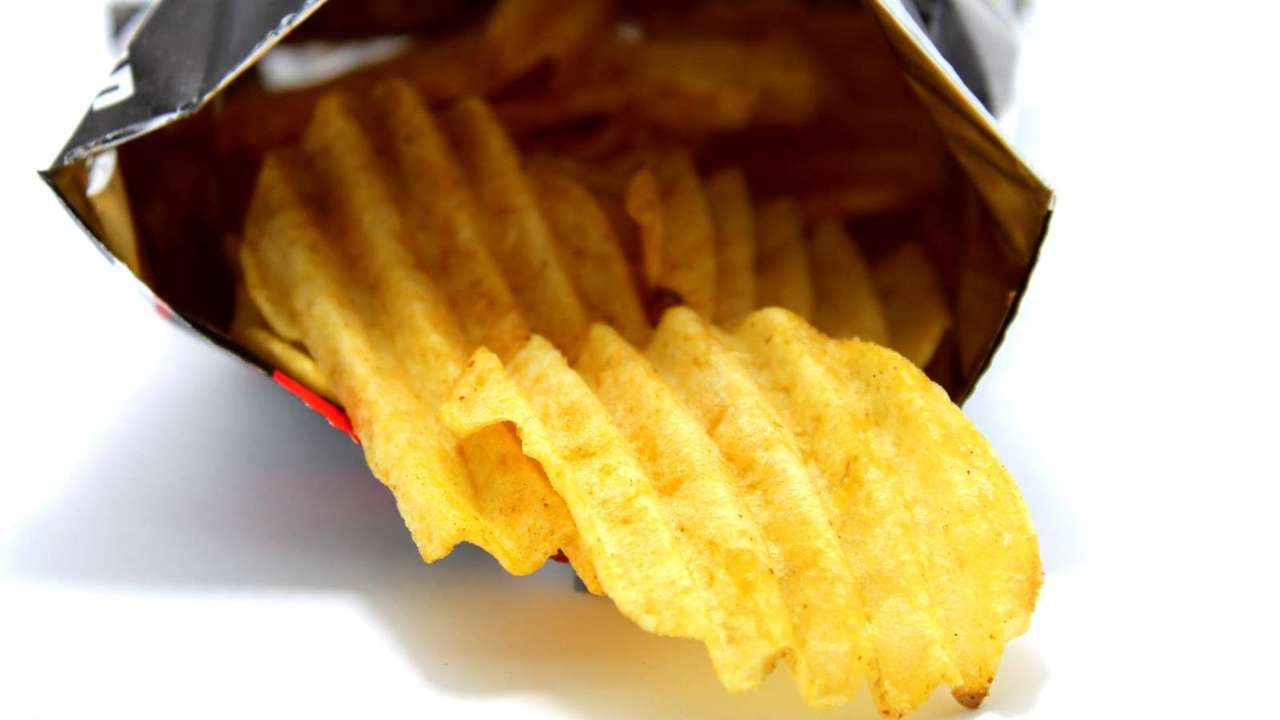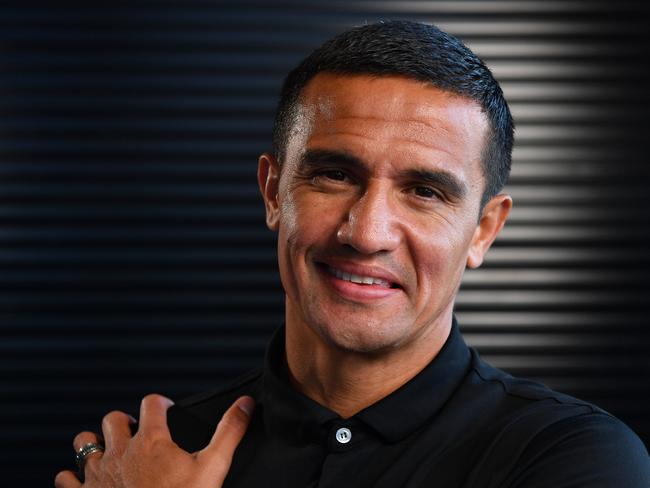Editorial: Obesity crisis needs review
Obesity is literally a growing problem in Australia, where the bad dietary habits of our children are turning them into worryingly unhealthy adults.

Opinion
Don't miss out on the headlines from Opinion. Followed categories will be added to My News.
OBESITY is literally a growing problem in Australia, where the bad dietary habits of our children are turning them into worryingly unhealthy adults.
This outcome is made evident by government statistics. While one-quarter of children were classified as overweight in 2014/15, the proportion of overweight adults at the same time increased to nearly two-thirds.
Additionally, government data shows that at the age of between 18 and 21, some 15 per cent of those born from 1994 to 1997 ended up obese. The figure for the same age bracket among those born between 1974 and 1977 was just 8 per cent.
So we’ve got a problem and it is getting worse. The solution is not to deny the importance of the issue but to confront it, learn more about it and conquer it.
To that end, the Deakin University-based Global Obesity Centre (or GLOBE), working with the World Health Organisation, proposes a new plan that would give the most comprehensive overview yet of our obesity crisis.

Under the plan, every Australian child’s height and weight would be measured and recorded in primary school. At a minimum, measurements would be taken in Year 1 and Year 6. For an even more complete database, height and weight would be recorded every two years.
According to GLOBE’s Professor Steve Allender, the checks are necessary to ensure we know the extent of the problem.
“It’s time we had better information to make good decisions about improving the health of our kids for the future,” he said.
“There are probably communities in Australia who are doing a really good job of improving the health of our kids and we can’t learn from them and improve the health of the whole nation unless we understand who is doing well.”
Sensibly, parents with any issues about privacy or intrusiveness would be allowed to withhold their children from any measurement regime.
A long-term trial of the plan in Victoria, Prof Allender points out, proved it could be applied in a safe way that didn’t lead to “any potential problems around body image or peer relationships”.
For the good of their own children and for the good of future generations, it is hoped that as many parents as possible allow full participation.
A social disgrace
You are what you tweet.
Youngsters have become so immersed in social media platforms that they have lost key real-life abilities, including basic good manners.
High schoolteacher and etiquette expert Michaela Launerts is now attempting to correct this after noticing the gulf between her students’ online and public behaviour.
“I couldn’t get over the confidence students have online, where they will post selfies … but meanwhile they are not able to eat a sandwich in public because of fear of being judged,” Launerts told The Saturday Telegraph. Her quest is a noble one.
It seems good manners are due for a comeback.
Fond farewell from Timmy
A champion farewell from a champion player.
Tim Cahill’s retirement media conference yesterday saw the Socceroos legend in a reflective and emotional mood as he looked back on one of the great Australian sports careers.
Characteristically, many of Cahill’s thoughts were for his nation and teammates rather than himself.

“For me, it is the right time. I can pass the baton on,” the four-time World Cup hero said.
“I can be there for the boys. I’m not going anywhere, really. I will always be their mentor. I always try and make a massive impact on the players especially about what it means to play for your country.”
Well said.
Cahill also firmly closed the door on any notion he may return for further matches in the A-League, which means Australian fans really have seen the last of this remarkable athlete.
Yet he leaves us with more than just memories of a brilliant career.
One of Cahill’s more notable lines yesterday could serve as life advice far beyond the football pitch.
“Goals are a reward but I play every game like it’s my last,” he said. “You never know when it is going to end.”
